Maxwell Gomera, the United Nations Development Programme (UNDP) representative, delivered a compelling call to action on Africa’s approach to artificial intelligence at the Tech Fusion Conference . Rather than chasing trends or rushing to adopt technology for its own sake, Gomera emphasized the importance of intentionality, planning, and inclusivity when it comes to AI development on the continent.
“In order to be intentional, we need to do the basics,” he said. “Look at AI readiness first. Look at a few things—where is the economy doing better? And when we figure out who is doing better, then we ask the next question: which areas of the economy can accelerate by deploying AI?”
Gomera urged African governments, institutions, and innovators to first assess the state of their infrastructure, digital capacity, and education systems before deploying AI at scale. Only by laying this groundwork, he argued, can African economies unlock the transformative power of artificial intelligence in meaningful and sustainable ways. He encouraged stakeholders to move past the myth that AI is a foreign, complex tool reserved only for first-world countries or large corporations. Instead, he described it as a practical, problem-solving technology with the power to improve lives at every level of society.
His connection to AI isn’t purely theoretical. Drawing from personal experience, Gomera shared a moving story about how AI has played a role in his own family. “Our son is dyslexic,” he revealed. “And one of the things I was doing when we were in Rwanda—we were very intentional about using AI to make prosthetic dental for people who are on the fringes of our society.” This deeply personal perspective brought a human face to the often-technical world of AI. He went on to explain how AI and robotics have been used to assist children living with autism, Down syndrome, and other developmental conditions, especially in areas like speech therapy and communication support.
“We’ve been using AI and robotics, particularly in speech therapy and a few things,” he said. “There are use cases where we should use AI to make prosthetics better for others.” These examples reinforced his message that AI should not only be seen as a tool for boosting productivity or profits—but as a force for social good, inclusion, and human dignity.
Still, Gomera believes AI can and should be leveraged to accelerate Africa’s economic development. The key, he said, is to identify sectors that are already performing well and find ways to use AI to amplify their success. With the right vision and investment, artificial intelligence can help modernize agriculture, improve healthcare delivery, streamline logistics, and enhance access to education. However, such benefits will only materialize if Africa takes deliberate steps to prepare—by investing in local talent, data systems, and regulatory frameworks that reflect its unique challenges and values.
“Some of what we’re doing here is to make sure that we move forward with this possibility,” Gomera noted, referring to efforts already underway across the continent. He also pointed to investments in inclusive AI solutions, particularly those aimed at empowering underserved communities.
The Tech Fusion Conference brought together innovators, policymakers, and digital thought leaders, Maxwell Gomera’s voice stood out for its clarity and compassion. His message was as much about what AI can do as it was about how it should be done—ethically, locally, and intentionally. In a world racing to adopt AI, his call for Africa to pause, prepare, and include everyone in the journey was a powerful reminder that technology should always serve people—not the other way around.


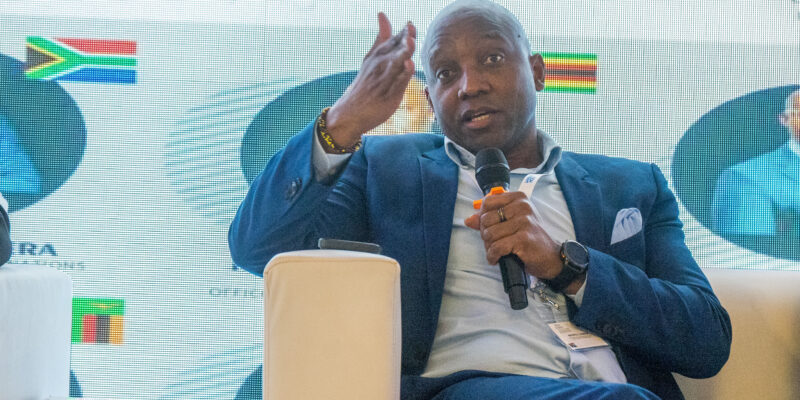
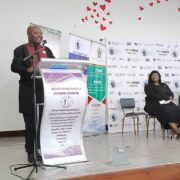
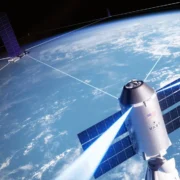
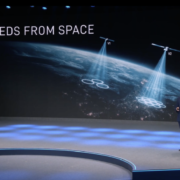

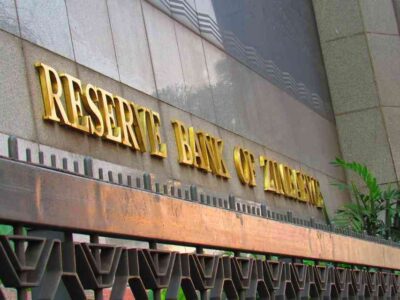

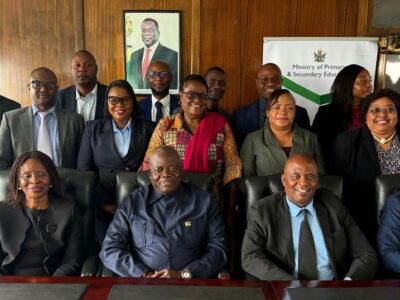
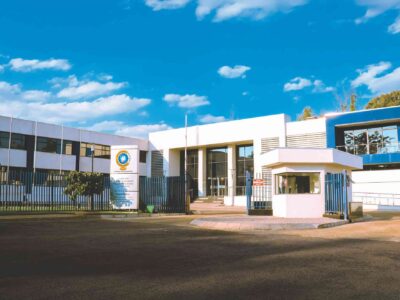



Comments